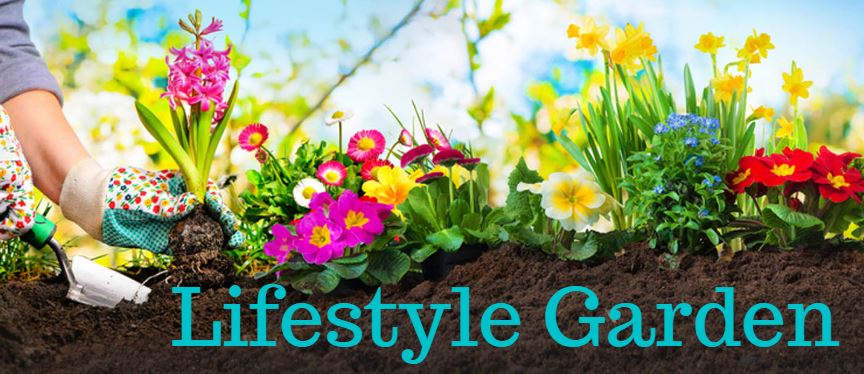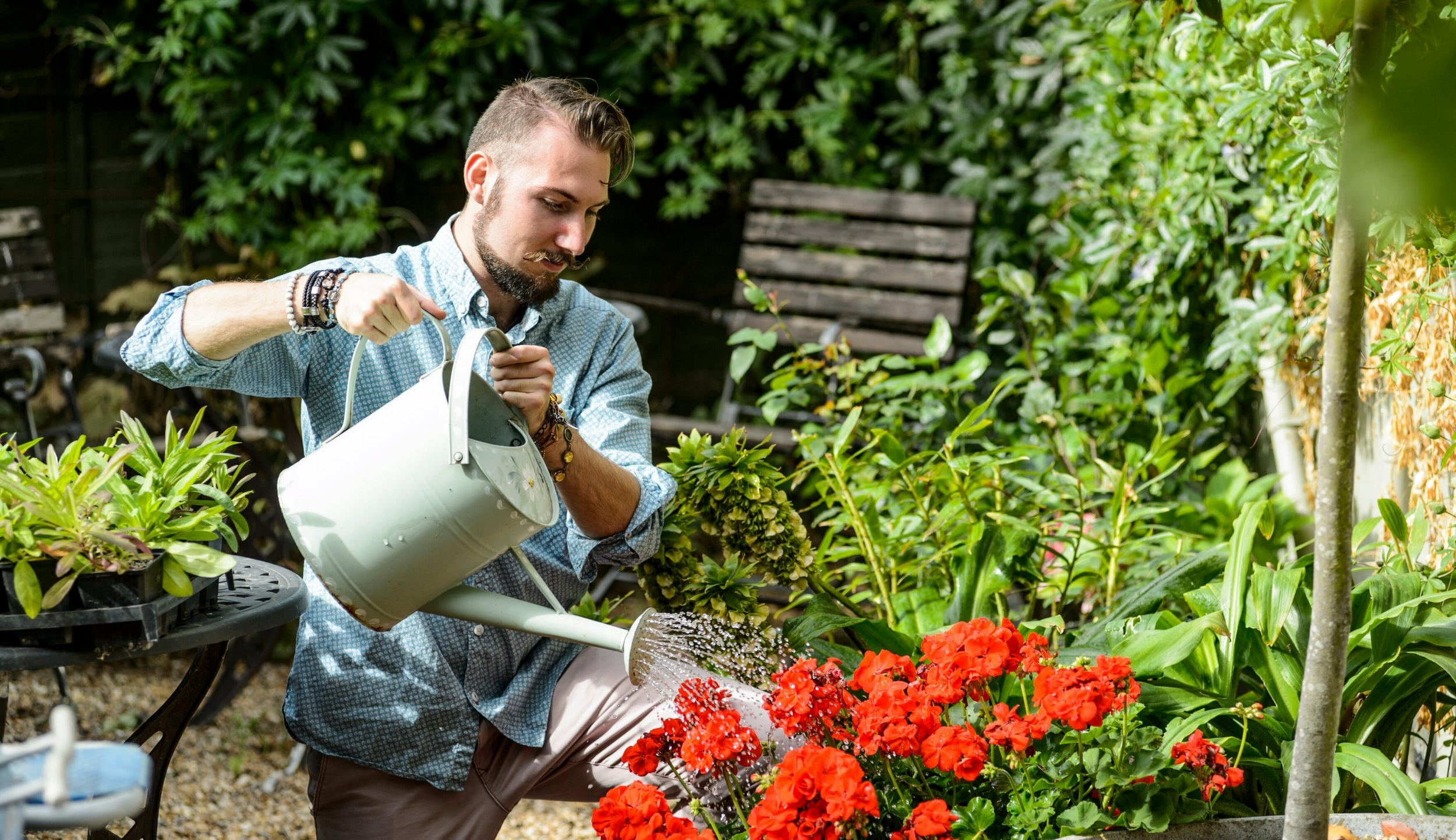Whether you are a beginner or a professional gardener, there are many ways to care for your garden plants. Here are some tips that will help you keep your garden alive and healthy.
Fertilise your plants once a month
Using fertiliser can give your garden plants a boost. The key is to know what kind of plant you’re growing and the nutrients it needs. You’ll need to use fertilisers at specific times to get the best results.
For most vegetables, you’ll want to fertilize in the spring when the plants begin to grow. The best time to fertilize is before the fruit starts to form. If you’re growing a fruit tree, you’ll want to use a slow-release fertiliser to ensure that the fruits will grow.
Flowering houseplants should be fertilized once a month with a liquid fertiliser. They don’t need as much fertilizer in the cooler months as they do in the warmer ones. The plants should be watered before they are fertilized so that the roots can absorb the nutrients.
Indoor pot-bound plants should be fed once a month in the summer and once a month in the fall. Cacti, succulents, and other houseplants do well without a lot of fertiliser.
Mulch the garden bed soon after planting
Adding mulch to the garden bed is important for weed control and a fresh look. The mulch will keep the soil moist and warm, and help the plants grow. The mulch will also protect the soil from eroding and help keep the soil from becoming a breeding ground for weeds.
The best time to mulch is in the fall. The mulch will hold moisture for your plants during the cold winter months. You can also use the mulch throughout the year.
For the best results, make sure you use the right mulch type for your plants. You can add wood chips, shredded bark, or leaves to your garden beds. These materials decompose over time, so you’ll need to replace them periodically.
After you have finished mulching your garden bed, you’ll need to define the edge of the planting area. The mulch should be spread in an even layer. You should never put mulch directly on the roots of your plants. This can cause rot and other plant diseases.
Water your plants regularly
Keeping your garden plants well watered is a critical part of maintaining your plant’s health. Watering your garden plants properly can save your plants from being harmed by fungus and bacteria. In addition, a proper watering regime can help keep your plants from suffering from aphids, leaf blight, and other common ailments.
The trick is to find the most efficient method for watering your garden. One way to do this is to use drip irrigation. This method uses a series of plastic tubes to deliver water directly to the root zone of your plants. This means you do not need to water your garden by hand.
Another good idea is to use a rain gauge to see how much moisture your soil is getting. If the top two inches of your soil are dry, then it is time to get some moisture into the ground.
Watering your garden in the morning is a good idea for a variety of reasons. First, it can conserve water during the hottest part of the day. Second, it will also minimize evaporation.
Remove weeds from your garden
Getting rid of weeds from your garden can be a tricky task. There are several garden tools you can use to remove weeds. Some of them require you to use heavy tools while others are easier. But no matter what method you choose, you need to be careful.
To start, you need to determine the type of weeds you have in your garden. Generally, weeds can be classified into three categories. This will help you choose the right weed control method for you.
Perennial weeds are the most common weeds in gardens. These plants usually have dormant roots that return year after year. They can be removed with hand pulling or herbicides.
Some types of weeds can also be used as ground covers. Other weeds can be used for food. These can be a source of nutritious vegetables or delicious meals for livestock.
It is important to keep your garden healthy. You can do this by making sure you have the proper soil and water. You should also make sure that you are not using chemically laden products.

